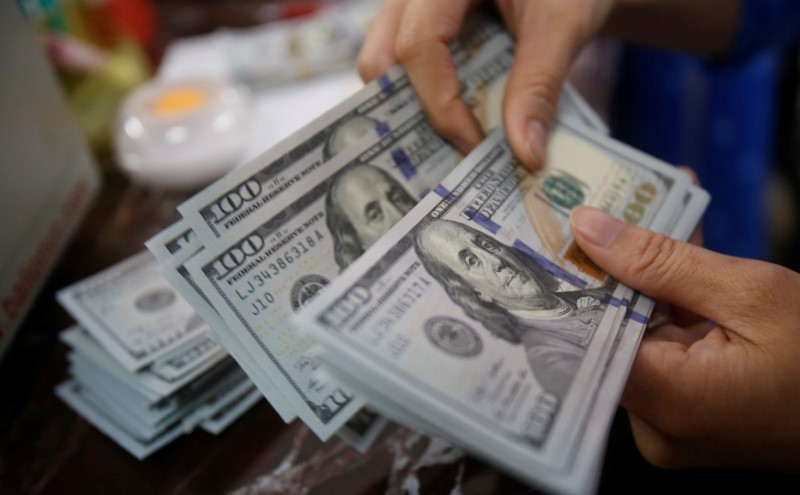(Bloomberg) -- Welcome to Monday, Asia. Here’s the latest news and analysis from Bloomberg Economics to help get your day started:
- Donald Trump gets the headlines, but he’s not the only one worried that the dollar’s remarkable ascent is causing economic harm. The U.S. and world economies are at their riskiest moment since the global financial crisis, according to Larry Summers
- As they look to ease monetary policy, central bankers are also singing from the same songsheet when it comes to government support for their economies: they want more of it
- Chinese policy makers are holding back from rolling out the big guns of monetary stimulus, keeping options in reserve as the trade standoff with the U.S. risks morphing into a global currency war. Meantime, former Chinese central bankers warned of just that
- Even before the trade war, Xi Jinping’s plan to turn China into one of the world’s most advanced economies by 2050 was ambitious. Meantime the IMF, in a report completed before the recent escalation of tensions, said China should keep its exchange rate flexible
- Europe’s largest economy gets a health check this week with German data due to reveal whether it managed to avoid contracting
- There may be insights for the U.K. on leaving the EU without a deal from a long time ago on the other side of the world: New Zealand
- Singapore’s Minister of Law and Home Affairs doesn’t believe it stands to benefit from any instability in Hong Kong, as protests stretch into a third month. Hong Kong Financial Secretary Paul Chan warned the Asian financial hub is entering “a very difficult economic environment” as trade declines and growth slows
- Matteo Salvini’s bid for full control of Italy starts on the beaches
- Large parts of Kashmir remained cut off from the rest of India and the world as a communications blackout entered the eighth day, with paramilitary troops enforcing restrictions
